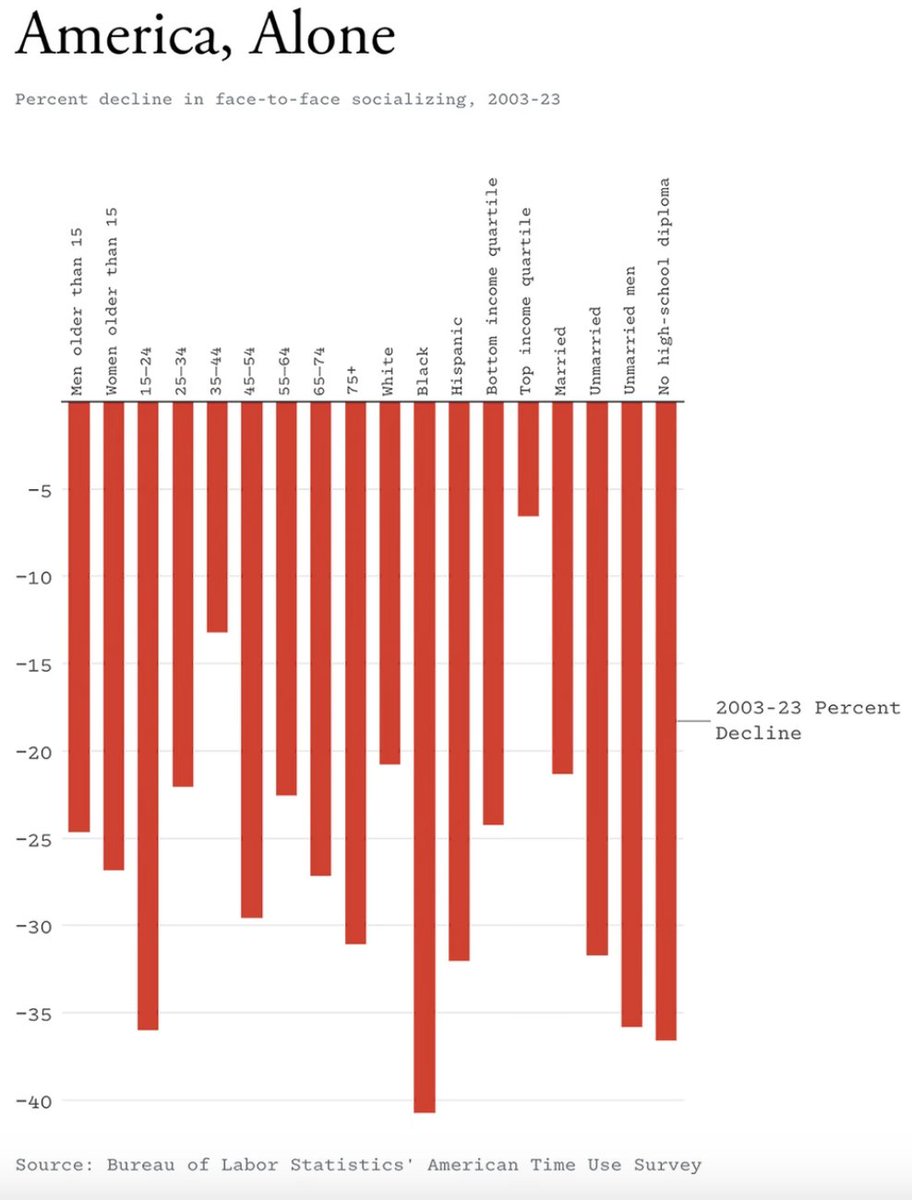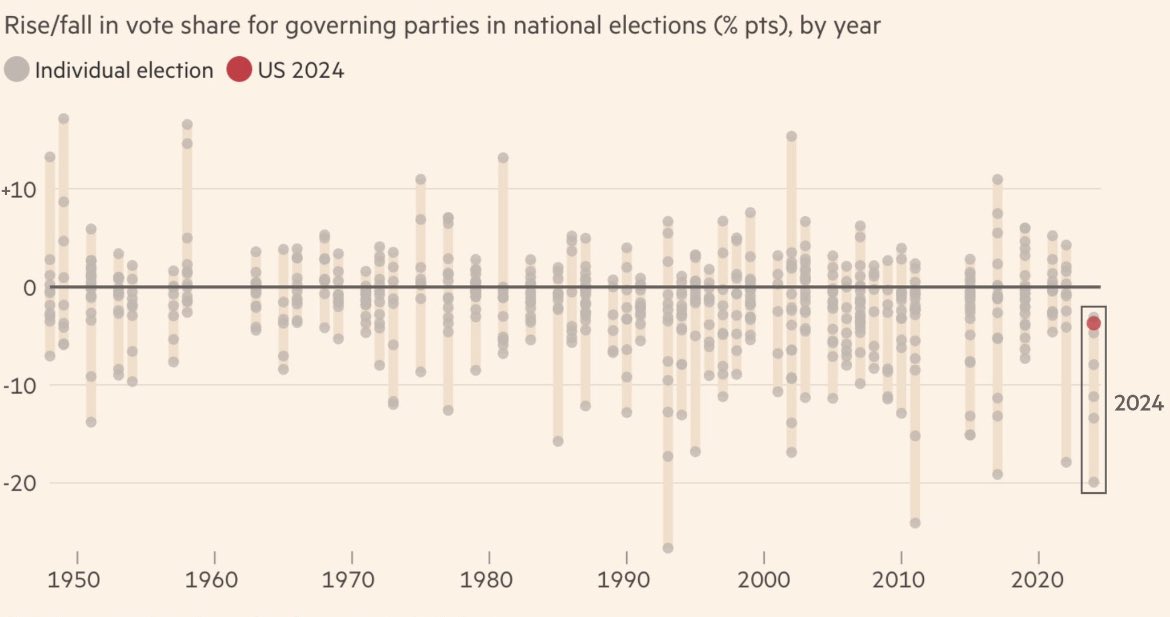Every once in a while, an aspiring journalist will ask for writing tips and I make something up on the spot.
So, for today's newsletter, I wrote down all my tips—well, 4 of them; tips are hard!—so I'll always have a cheat sheet if somebody asks again.
theatlantic.com/ideas/archive/…
So, for today's newsletter, I wrote down all my tips—well, 4 of them; tips are hard!—so I'll always have a cheat sheet if somebody asks again.
theatlantic.com/ideas/archive/…
1. Simple is smart.
School rewards people who learn and use big words. But the real superpower is the ability to use simple language to decode important and complicated ideas. Beware the illusion that "complexity = intelligence."
School rewards people who learn and use big words. But the real superpower is the ability to use simple language to decode important and complicated ideas. Beware the illusion that "complexity = intelligence."

4. Find the right level of skin-thickness.
Thin-skinned writers are terrified of negative feedback, so they write to avoid criticism. That's a good way to learn nothing.
Too-thick-skinned writers don't listen to or care about feedback. That's another good way to learn nothing.
Thin-skinned writers are terrified of negative feedback, so they write to avoid criticism. That's a good way to learn nothing.
Too-thick-skinned writers don't listen to or care about feedback. That's another good way to learn nothing.

• • •
Missing some Tweet in this thread? You can try to
force a refresh


























